It is hard to avoid the sense of malaise that characterizes Europe and the debate over Muslim integration these days. On one hand you have the rise of anti-immigrant, xenophobic, extreme right-wing parties. Some of them, like in Holland, are now not only in parliament but in government playing the role of kingmaker.
On the other, you have mainstream center-right and center-left parties that are trying to emulate the political narrative of these extremist anti-immigrant parties with their backlash against multiculturalism. Their goal is simple. They play the card of populism in order to appeal to their political constituency so that their voters don’t go and vote for extreme-right parties in the next elections. After all, these are difficult economic times in Europe.
Unemployment is on the rise. Foreigners and immigrants become a convenient scapegoat when jobs are scarce during recessions. Add to this already depressing political landscape the 15 to 20 million Muslims in Europe. To be sure, this is not a monolithic group. They are predominantly Turks in Germany, Pakistanis in Britain and Arabs in France. But they share one common denominator: most of them feel marginalized. They feel discriminated against. They sometimes feel targeted as potential Islamist extremists. Overall, this is not a happy picture. A combustible mix, one may argue.
So what should Europe do? Is there a way out of this dilemma? Most sensible people agree that the challenge for Europe is integration. But is integration possible without some multiculturalism? The backlash against multiculturalism in Europe comes on the grounds that it has failed. As I argued previously in this column, Europe, unlike the United States, a country born thanks to immigration, was never multicultural. It seems to me what Europeans want is assimilation of Muslims rather than integration. Assimilation and integration are different concepts. Integration leaves some room from multiculturalism. Assimilation, on the other hand, means that you need to relinquish important parts of your cultural and/or religious identity in order to fully adapt to the identity of the “host country.” In other words, you are a guest and as a guest it is your duty to fully adopt the new norms. The host country will not change for you. You have to change for the host country.
Integration is less demanding than assimilation. Both the immigrant and the host country have duties. It’s a two-way street. You can integrate without full assimilation. Since the host country is also slowly changing with mass immigration, a more cosmopolitan co-existence is emerging. Integration is open to multiculturalism because it is based on the idea of a liberal state that demands from its immigrants nothing more than learning the language of the country and accepting the principles of the constitution. In that sense, unlike assimilation, integration does not get in the “values” business. In the integration paradigm you are not necessarily supposed to assimilate the “values” of the majority culture and to adopt its “customs.” It would certainly be nice if you do in the long run, but such things are not measured by citizenship tests during the naturalization process. This is why integration, compared to assimilation, is much more flexible and open. It leaves the door open for multiculturalism because there is an understanding that immigration can also change the host society. It is a more symbiotic relationship between a changing and evolving society and an equally changing state that is also constantly evolving. Integration should, therefore, leave the door open for multiculturalism. Without multiculturalism, you can no longer speak of integration. Assimilation becomes the only alternative.
Unfortunately, Europe is now closing the door to multiculturalism with its strong backlash against it. All you have to do is look at polls showing that more than a third of Germans agreed with Thilo Sarrazin. Sarrazin is the now famous German politician from the Social Democratic Party who sat on the Bundesbank board, who argued in a recent book titled “Germany Does Away With Itself” that his country was becoming “naturally more stupid on average” as a result of immigration from Muslim countries. To be fair, there are also intellectuals like Jurgen Habermas in Germany who have the courage to stand up against such bigotry. As Habermas recently argued, “The poison that Mr. Sarrazin had released by reinforcing cultural hostility to immigrants with genetic arguments seems to have taken root in popular prejudices.” Let’s hope history doesn’t repeat itself in Germany.
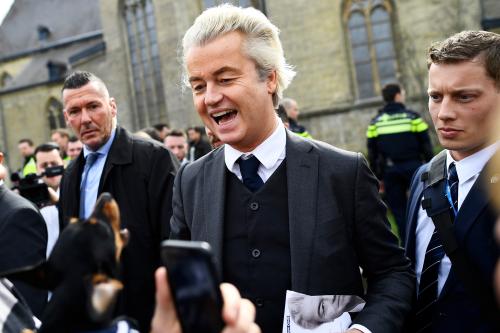
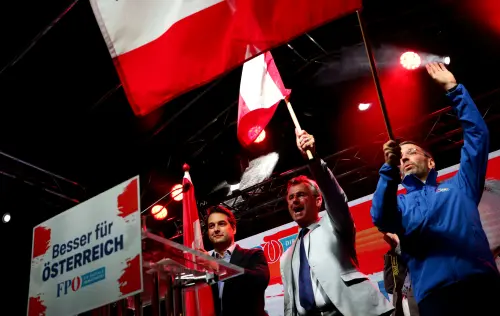

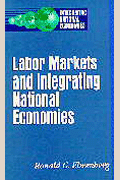
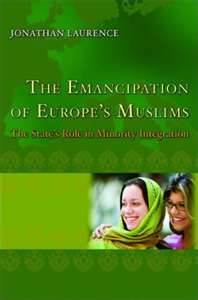
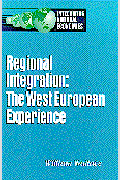



Commentary
Op-edMulticulturalism and Integration in Europe
November 15, 2010